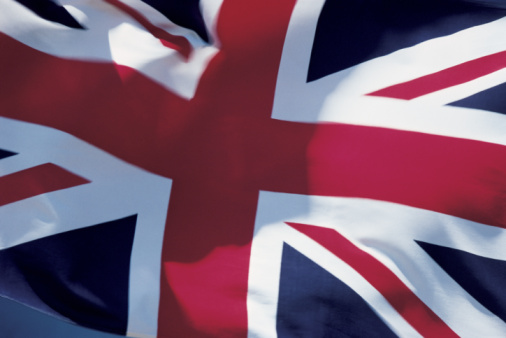Deflation, that ability to buy more goods and services for roughly the same amount, has started to take hold in the United Kingdom and threatens several other large economies. The trend could trigger stagnant wages as companies lose the ability to raise prices, and price increases could also erode, which might drag the United Kingdom back into recession. For April, the country’s Consumer Price Index (CPI) fell 0.1%.
The Office for National Statistics reported:
- The Consumer Prices Index (CPI) fell by 0.1% in the year to April 2015, compared to no change (0.0%) in the year to March 2015.
- This is the first time the CPI has fallen over the year since official records began in 1996 and the first time since 1960 based on comparable historic estimates.
- The largest downward contribution came from transport services — notably air and sea fares, with the timing of Easter this year a likely factor.
- CPIH (not a National Statistic) grew by 0.2% in the year to April 2015, down from 0.3% in March 2015.
Numbers for the United States are not much better. According to the Bureau of Labor Statistics:
The Consumer Price Index for All Urban Consumers (CPI-U) increased 0.2 percent in March on a seasonally adjusted basis, the U.S. Bureau of Labor Statistics reported today. Over the last 12 months, the all items index declined 0.1 percent before seasonal adjustment
Japan has been in a deflationary period for some time, according to most measurements. Even previously white-hot economies such as Singapore face the same problem. According to the Channel News Agency:
The Republic experienced deflation for the fifth consecutive month in March as the consumer price index (CPI) stayed in negative territory, according to figures released by the Department of Statistics
The U.K. numbers are the latest to show what has become an emerging world economic problem.
ALSO READ: The 10 Most Popular Stores in America
Are You Still Paying With a Debit Card?
The average American spends $17,274 on debit cards a year, and it’s a HUGE mistake. First, debit cards don’t have the same fraud protections as credit cards. Once your money is gone, it’s gone. But more importantly you can actually get something back from this spending every time you swipe.
Issuers are handing out wild bonuses right now. With some you can earn up to 5% back on every purchase. That’s like getting a 5% discount on everything you buy!
Our top pick is kind of hard to imagine. Not only does it pay up to 5% back, it also includes a $200 cash back reward in the first six months, a 0% intro APR, and…. $0 annual fee. It’s quite literally free money for any one that uses a card regularly. Click here to learn more!
Flywheel Publishing has partnered with CardRatings to provide coverage of credit card products. Flywheel Publishing and CardRatings may receive a commission from card issuers.
Thank you for reading! Have some feedback for us?
Contact the 24/7 Wall St. editorial team.


